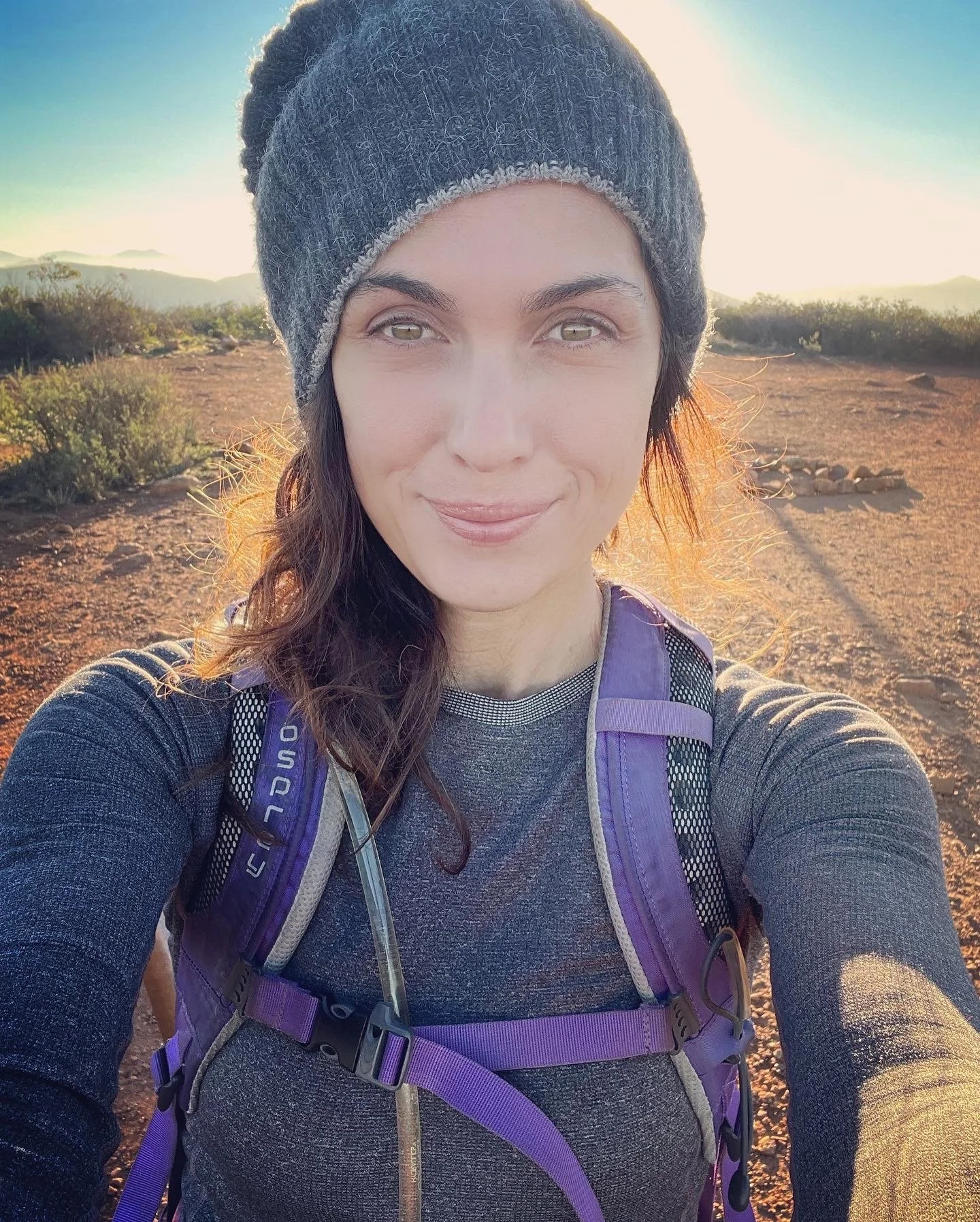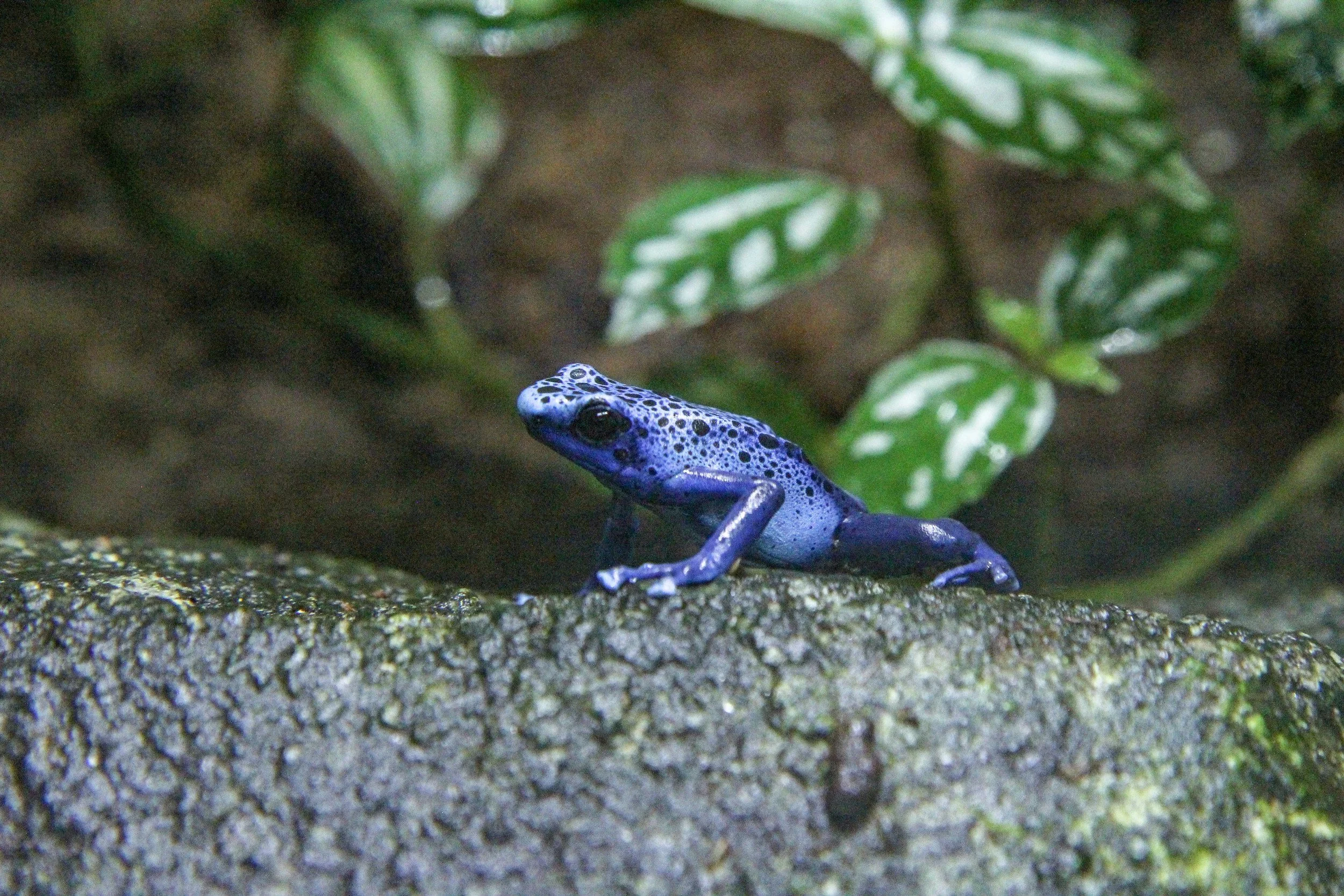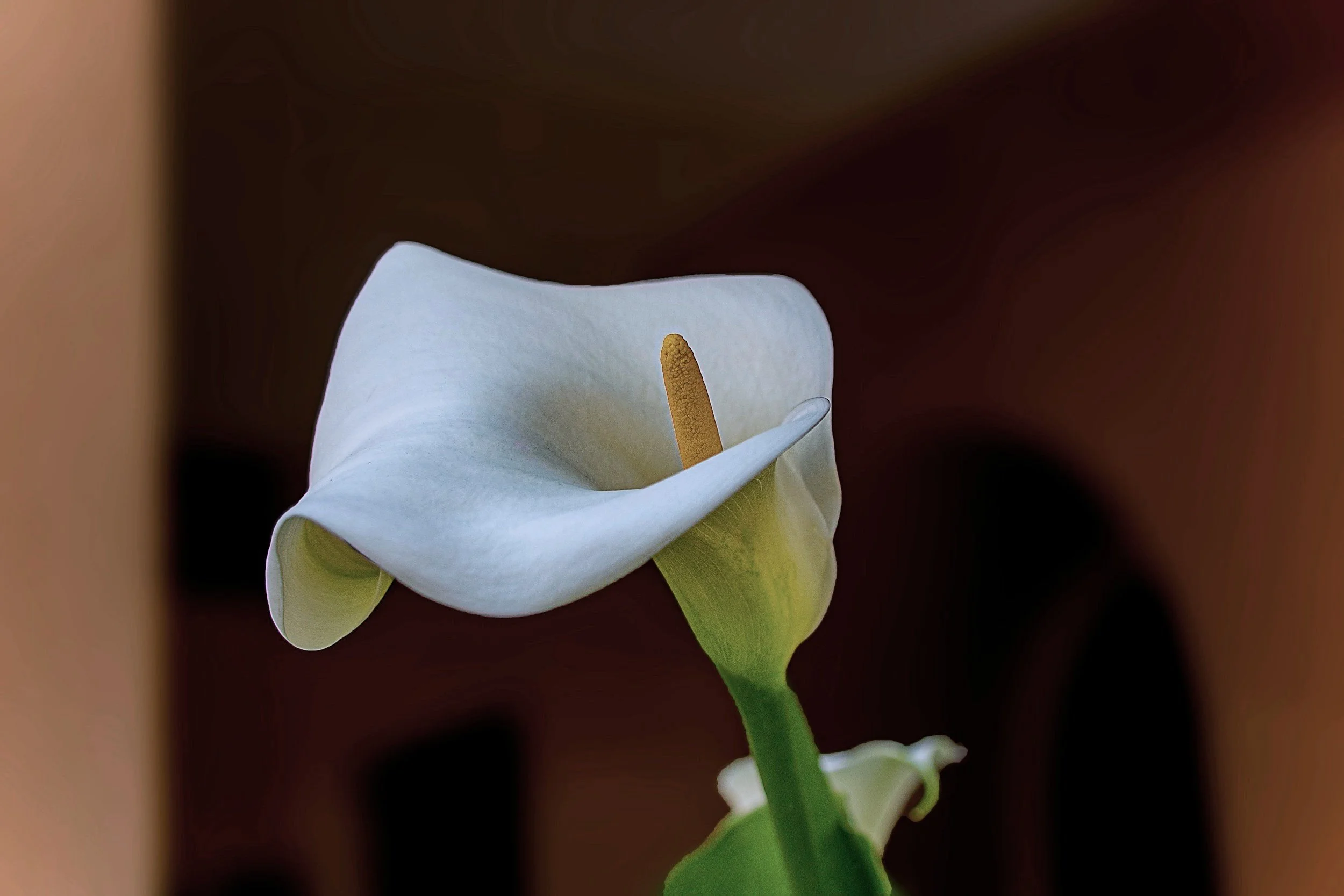•
career change
•
perimenopause / menopause
•
going back to school
•
major moves
•
relationship shifts
•
caring for aging parents
• career change • perimenopause / menopause • going back to school • major moves • relationship shifts • caring for aging parents

Are you a woman in midlife overwhelmed by change
and longing for greater witness, guidance, and care?
What if you had a trustworthy guide
to help you connect creatively and responsively to all aspects of yourself, discover your ecosystems of support, and learn to view transition as transformation?
Hi! I’m Kristinha.
I help women in the chrysalis of midlife find
resilience, curiosity, and care,
empowering them to live from their truest desires and embrace transitions as profound opportunities for metamorphosis.
You are not a problem to be fixed, but
a beautiful mystery
to be encountered.

Women in midlife navigate a sea of shifting roles and expectations.
But there is a general lack of support and initiatory understanding in our contemporary culture regarding how to help them face and honor these significant life transitions in a way that encourages connection to their inner guidance and natural rhythms. As a result, it is all too common for women encountering this threshold to feel stuck, confused, or lost and have little help and holding through a potentially transformative experience.
As you move through this liminal time, do you feel …
-
Do you feel internal or external pressure to hide or deny the changes happening to your relationships, your body, and your life trajectory?
Are your thoughts and feelings tangled and contradictory?
Do you suddenly question your identity or fear that your value in the world is changing? -
Do perimenopausal fluctuations have you up and down in energy, desire, and focus?
Do you feel disconnected from—or maybe even betrayed by—your body, frustrated that it is not performing optimally or living up to your expectations and the demands of your life?
-
Do you feel trapped in a constant state of reactivity to what gets thrown at you as you struggle to find your ground amid change?
Or do you feel paralyzed or frozen, while everything else rushes on around you? -
Do you sense your primary relationships are shifting, such as those with your partner, your children, or your aging parents?
Do you feel guilty because you cannot show up to relationships as people expect you to?
Do you support others but wonder who is supporting you?
-
Are you tired of wasting money on offerings that, at best, lend only an ephemeral sense of comfort and, at worst, keep you reliant on an “expert” for results?
Are you sick of falling prey to an endless stream of targeted ads that capitalize on your insecurities?
Are you frustrated that nothing you buy truly honors the sanctity of your personal passage?
Within a supportive coaching container, I invite you to …
-
Invite creativity, fluidity, and responsiveness into your experience as you grow curious about all aspects of your life change—especially the hard parts!
Gain clarity about your inner dynamics, as well as your personal call to action as you learn to approach transition as transformation.
Expand your capacity to be present and resilient amid change as you align with your true desires and the greater archetypal and ecological movements of life.
-
Gain greater awareness about the intersection of your emotional and physical well-being so you can listen to the voice of your body and make conscious choices that support your foundational health.
Learn to trust your body as a reliable source of information and guidance as you face new situations, life stages, and choices.
-
Develop a conscious relationship to time and learn to set humane goals and boundaries.
Choose what you will take on from a place of grounding, not guilt.
Join the stream of life, respecting your capacity in this moment. -
Learn to navigate shifting relationships, projections, and expectations from a place of calm, authenticity, and compassion.
Let go of guilt and lead with your needs in order to deepen relationships with others.Diversify and expand your network of care, finding guidance in friends, ancestors, spiritual support, and the natural world. Feel yourself held by a true web of life.
-
Adopt simple, pragmatic practices that will help you feel confident, resourced, and supported at the deepest level of your being as you navigate change.
Inoculate yourself against the predatory attention economy by discerning and centering your values, not your fears.
Work within a coaching container curated to accommodate your unique concerns and the deep, soulful nature of your journey.






